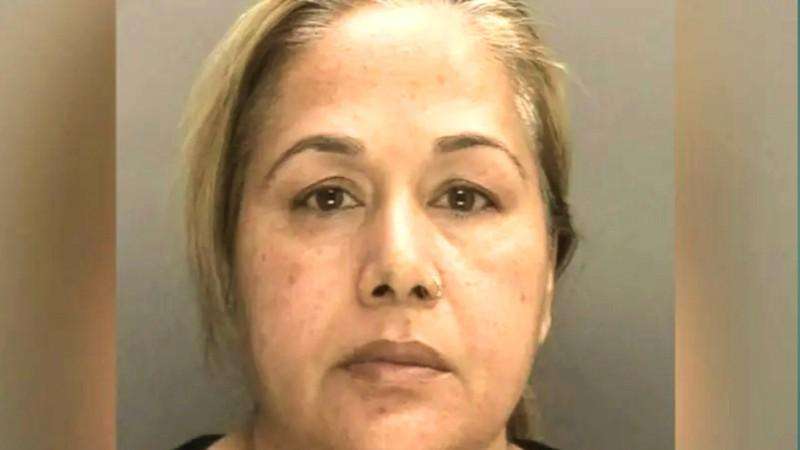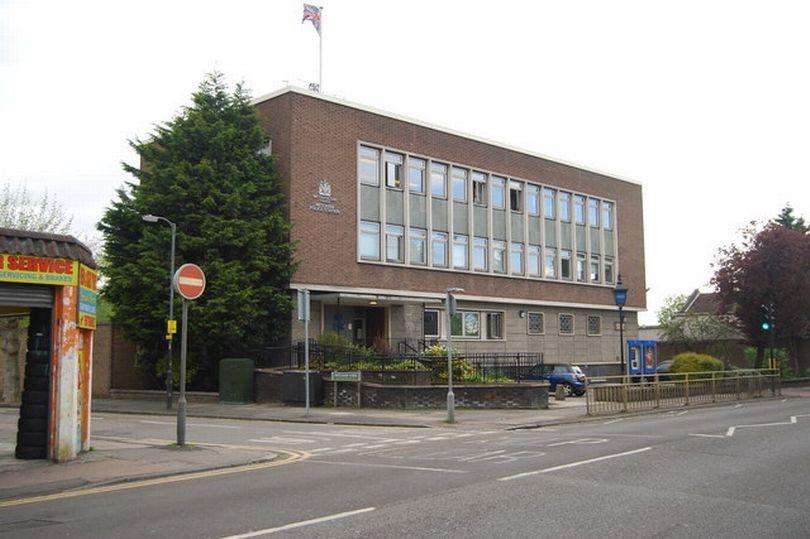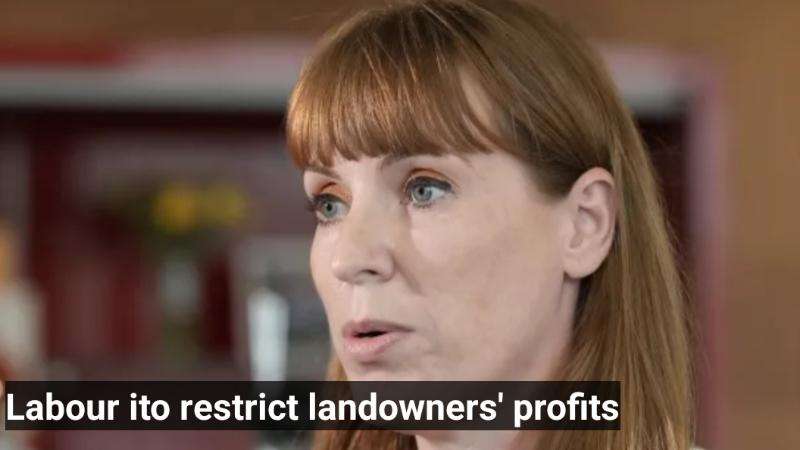In an effort to address the housing problem, the government is getting ready to restrict the amount of money landowners can get from selling their green belt holdings. This will give councils the authority to purchase land at a reduced cost that was previously unsuitable for development. Landowners who refuse to sell their land may also face consequences in places where housing is most in demand. Councils might compel them to sell at a price known as the "benchmark," which would be less than what comparable locations outside the green belt would fetch on the open market.Councils will now have the ability to purchase land at a reduced cost that was previously unsuitable for development as part of a government plan to restrict the amount of money landowners can make from selling green belt area.
Concerns about landowners profiting from sites with poor development potential have led to the implementation of these rules in high-priced real estate markets, like the South East and London.Ministers are in consultation about ideas to establish a land value that would serve as a "benchmark," so capping the amount that landowners might charge. In order to address the housing shortage, the government intends to modernize the planning process and construct 1.5 million new dwellings by 2030.
Mandatory housing targets, scrapped by the previous Conservative government, would also be restored, while some local authorities will be required to allow the building of homes on green belt land to meet the targets.
If landowners and local councils fail to agree on a price, sources told The Times, ministers are looking at how local authorities, along with Homes England, could use compulsory purchase powers to acquire the land.








.svg)


